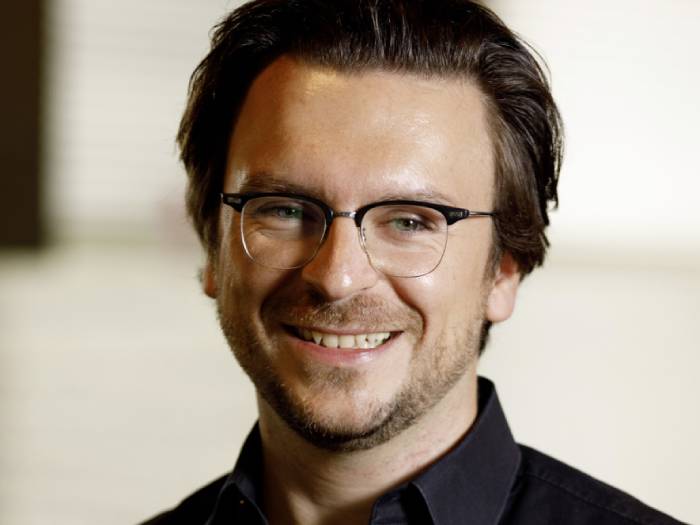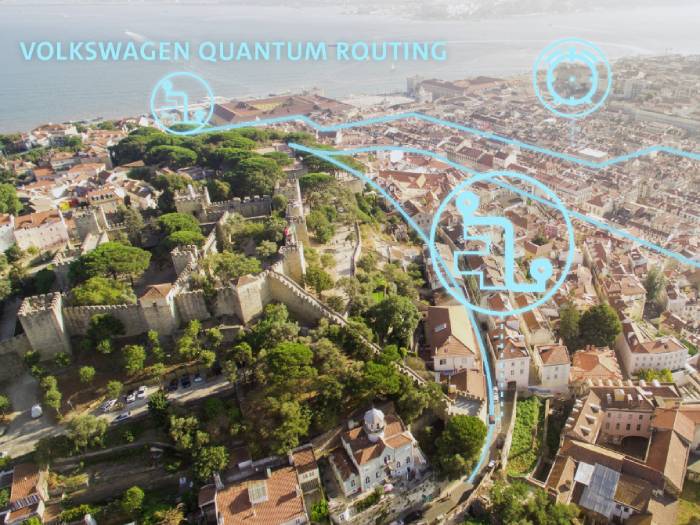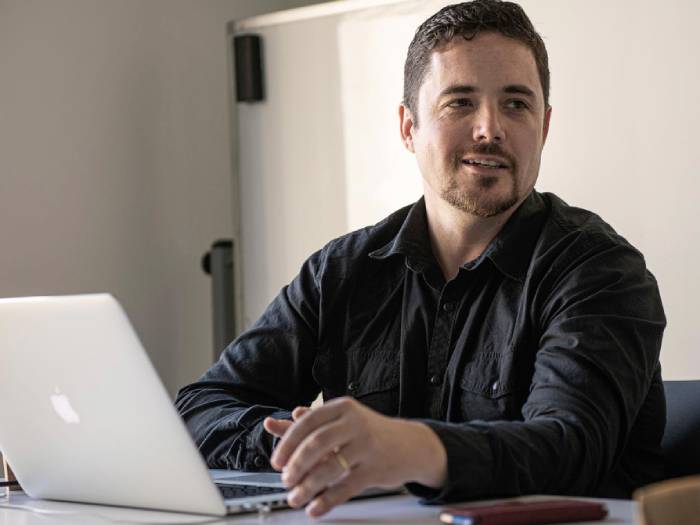From theory to practice: quantum computing in the automotive industry
Quantum computers could tackle challenges that even the most powerful traditional computers struggle. While they are still highly experimental, companies have begun finding ways to apply them to the real world. In the automotive industry, Volkswagen Group has led the way, launching a dedicated team for quantum computing research in 2016.

Quantum computing has great potential for the Volkswagen Group’s activities, and its processing power makes it very useful for many of the challenges of the automotive industry. “The goal is not research for research’s sake: we want to bring this technology into the real world,” explains Florian Neukart, Director, Volkswagen Group Data:Lab in Munich.
Quantum computing uses the imprecise nature of quantum mechanics – the peculiar way in which individual atoms and subatomic particles interact. While a traditional computer uses binary code, composed of 1s and 0s, quantum computing relies on particles called “qubits” that can be 1, 0, or both. Depending on how many qubits its chip can manage, a quantum computer can leverage tremendous computing power to solve specific tasks.
Five years of challenges
For almost five years now, Volkswagen’s experts have been researching to find new ways to apply quantum computing to everyday challenges; there are ten people working in this area for the German Group in the US and Germany.
Since 2017, Volkswagen has been working with Canadian quantum computing firm D-Wave, and later joined with Google’s quantum computing unit for research. “We are focused on output, on trying things, on bringing applications into use,” says David Von Dollen, Lead Data Scientist at Volkswagen Group of America.
The Lisbon project

Mobility is an important field for the application of quantum computing. In 2019, Volkswagen’s team of experts worked with D-Wave on the first real-time traffic optimisation system based on quantum computing.
The test was carried out in Lisbon, Portugal, using public buses. The goal was to predict traffic volumes and find the ideal routes to minimise both wait times for passengers and travel times for the buses, avoiding traffic jams and making the traffic flow as efficient as possible.
The paint shop
The Volkswagen Group’s quantum computing team has many different ideas and projects on the go: “From an enterprise point of view, it is important for us to understand where quantum computing could help to solve a problem, whether a quantum application would really be more efficient than a classical algorithm, and if so, how could this be done?” Neukart adds.
A practical example is in the paint shop, where every vehicle body requires one of two types of primer, depending on the final vehicle colour. But changing over between primer types slows down production and raises costs. Traditionally, a paint shop might average a small number of vehicles of one primer type before needing to stop the line and switch.
In this specific case, a new algorithm powered by quantum computing allowed the line to run significantly more vehicles in a row before switching primer types, with clear cost and efficiency benefits. This system could soon go online at Volkswagen factories in Germany, and eventually worldwide.
Complex problems

“Challenges like these may sound simple, but in some cases would require near-supercomputer levels of calculation power to solve with traditional hardware,” explains Von Dollen. Volkswagen’s experts have also tested the application of quantum computing to vehicle pricing to help strike the right balance for customer demand. In the future it has potential for other uses, such as developing new materials or figuring out where new electric vehicle charging stations should be located to maximize their usefulness.
“Everything we learn now can give us an advantage in the future. Some challenges and questions in fields like material science may only be solvable through quantum computing; in other areas, a problem that would traditionally require a week can be finished in a day or less.” According to Neukart, Volkswagen holds a unique position in quantum computing in both research at an industrial level. “We want to play a leading role in showing real-world applications in the mobility space, and I think we’re really pushing the field forward,” Von Dollen concludes.
Source: Volkswagen AG
VGI | Responsible O.U.: VP | Creation date: article date | Class 9.1
